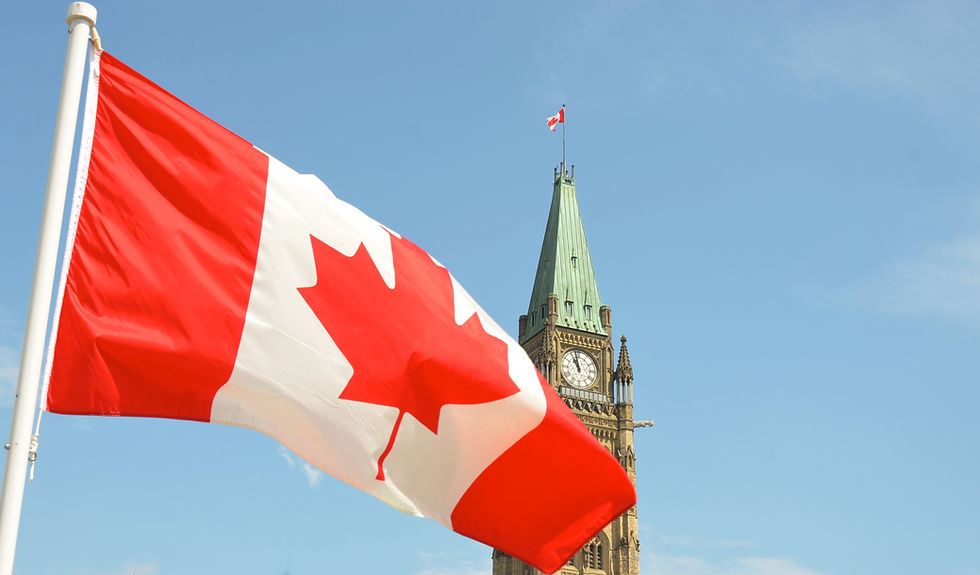
I pity the country, I pity the state…
These lines from Willie Dunn have been rattling through my mind. The song itself is a searing indictment of oppression-by-bureaucrat – although written in the 1970s, it remains a timely (if hopefully not timeless) commentary on the ways in which colonial authorities and mindsets degrade Indigenous sovereignties, Indigenous selfhoods. Well worth listening to; well worth acting on.
But those lines. The striking strangeness of the verb, especially how it speaks to such a cold, impersonal noun. Pity the state??
There may be an echo here of what that Elder was thinking, as he and I spent those minutes in that island band office wondering how it might be possible for Canada to hold a shame feast. Every Indigenous legal order I’ve had the honour of learning about is intensely relational; legal rights and responsibilities are intimate, not abstract. Kinship has real, institutional heft. So it is with inter-national relations: there are established spaces, structures, and processes for how people meet one another, share truths, create convergences, accommodate or account for differences. And so it is, I imagine, with reconciliation – I cannot reconcile with you if you are not here for me to see, and if you do not or cannot come, if you have no tangible, cognizable presence – how can we relate?
I struggled with the question that Elder left me with – can Canada hold a feast? – and I struggle with Willie’s sentiment towards the same entity, the state that has provoked so much inspiration and pride, so much revulsion and damage. "Canada" may simply be too big, or too intrinsically slippery, to hold either man’s precious offer, their powerful challenge. But I am not, and neither are you.

Comments